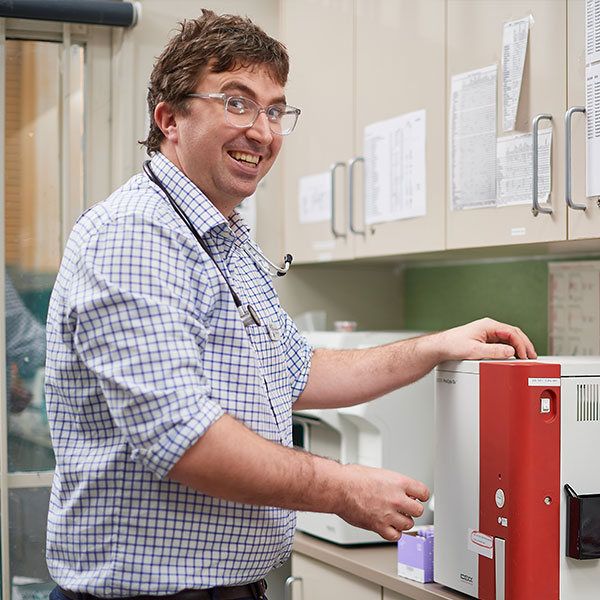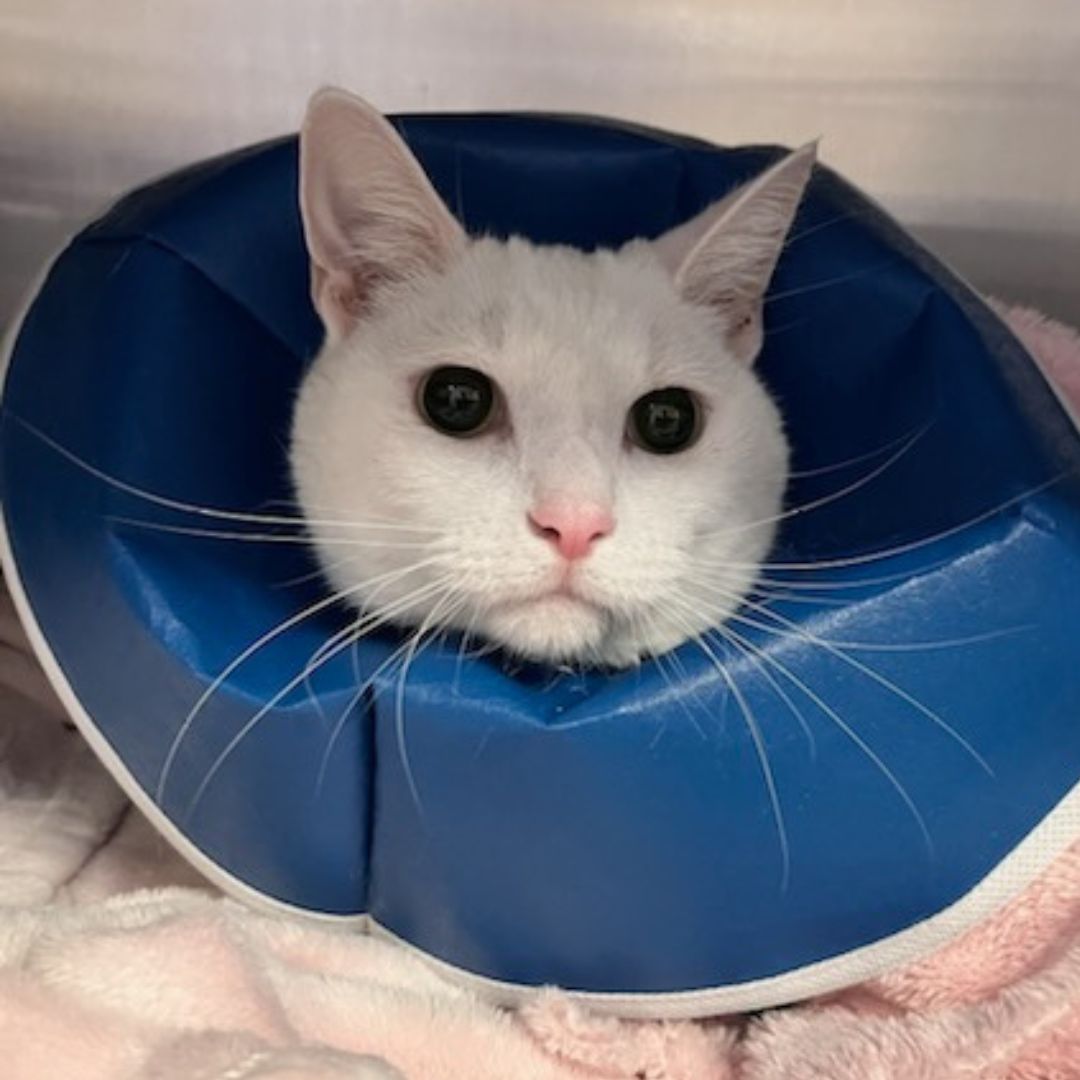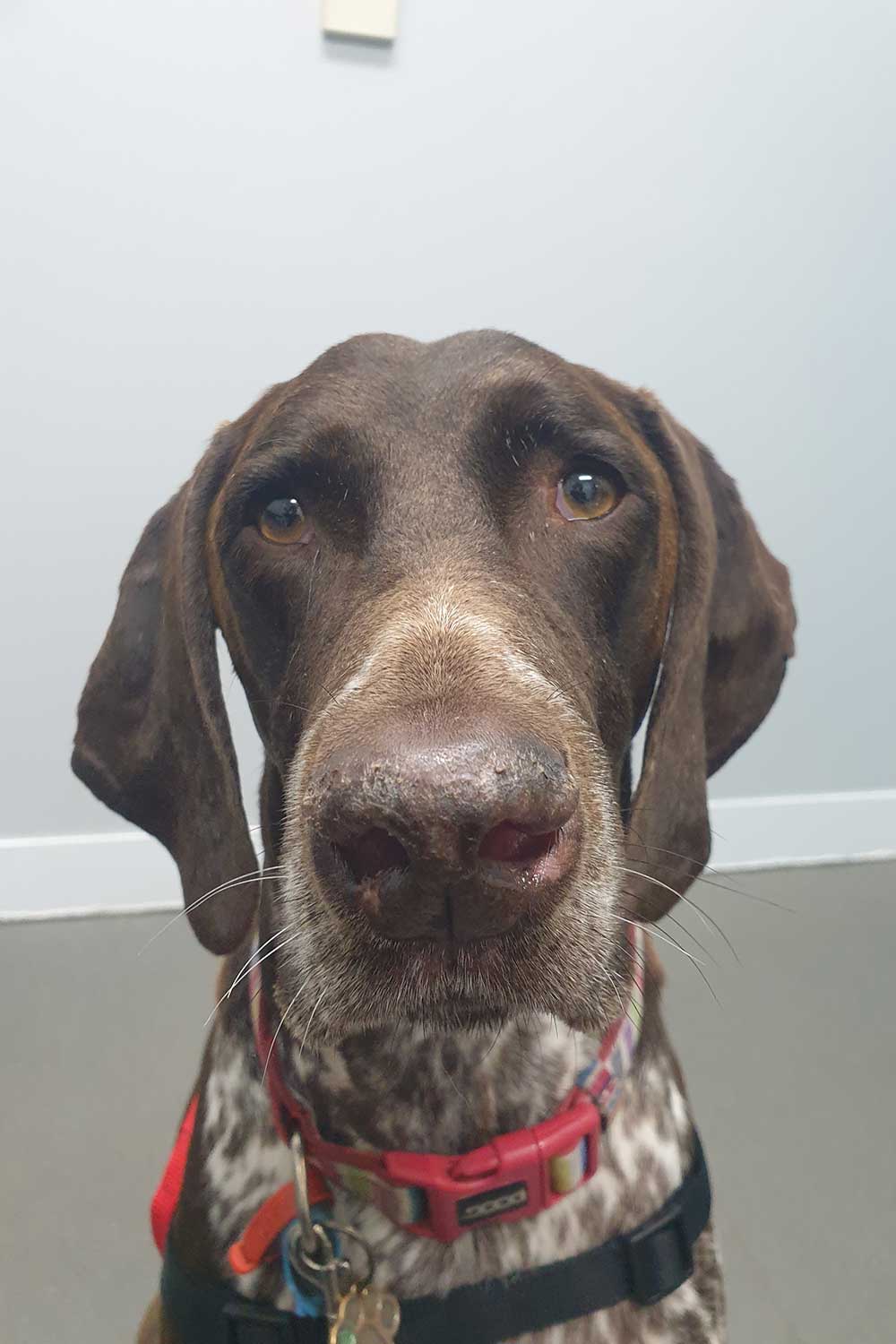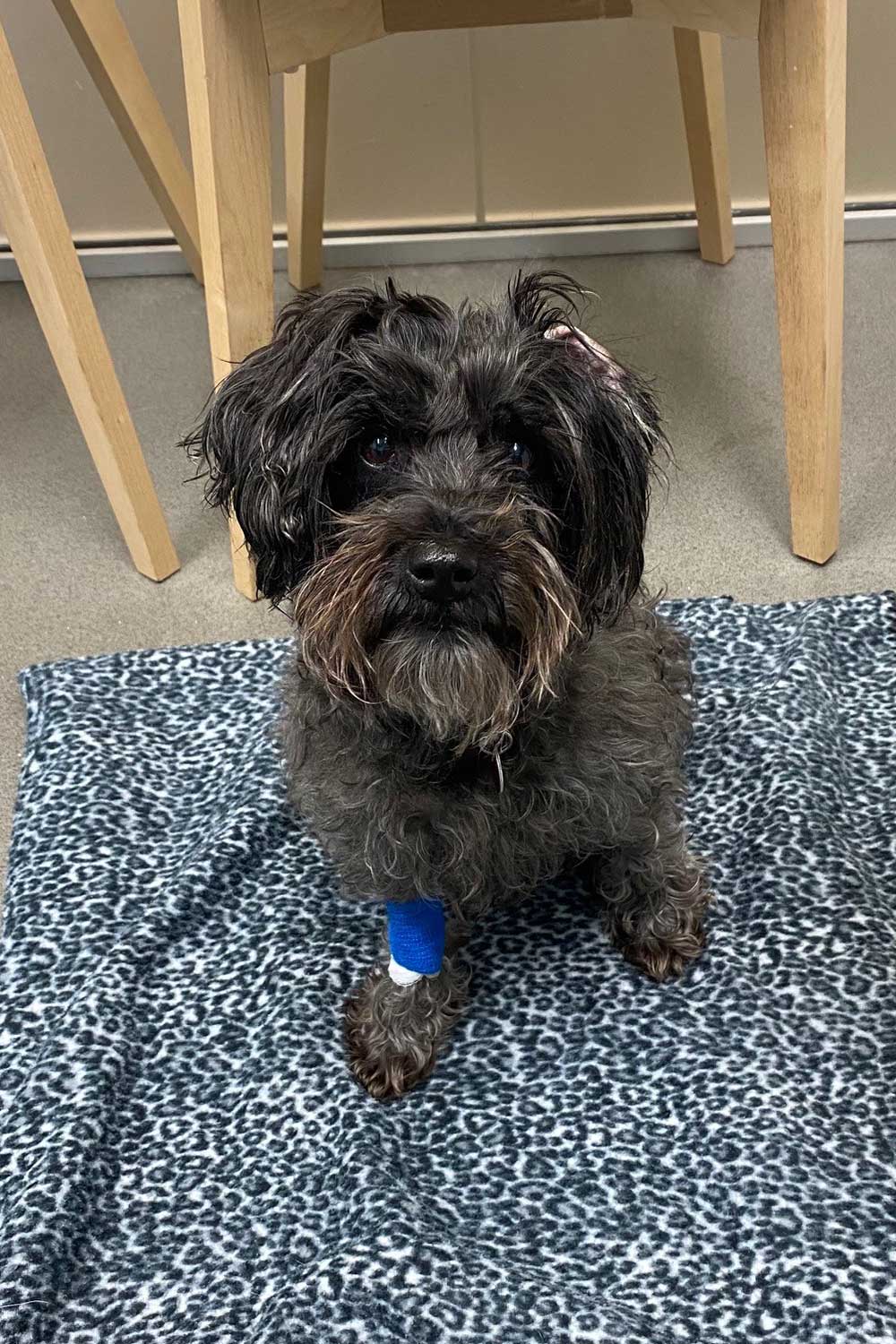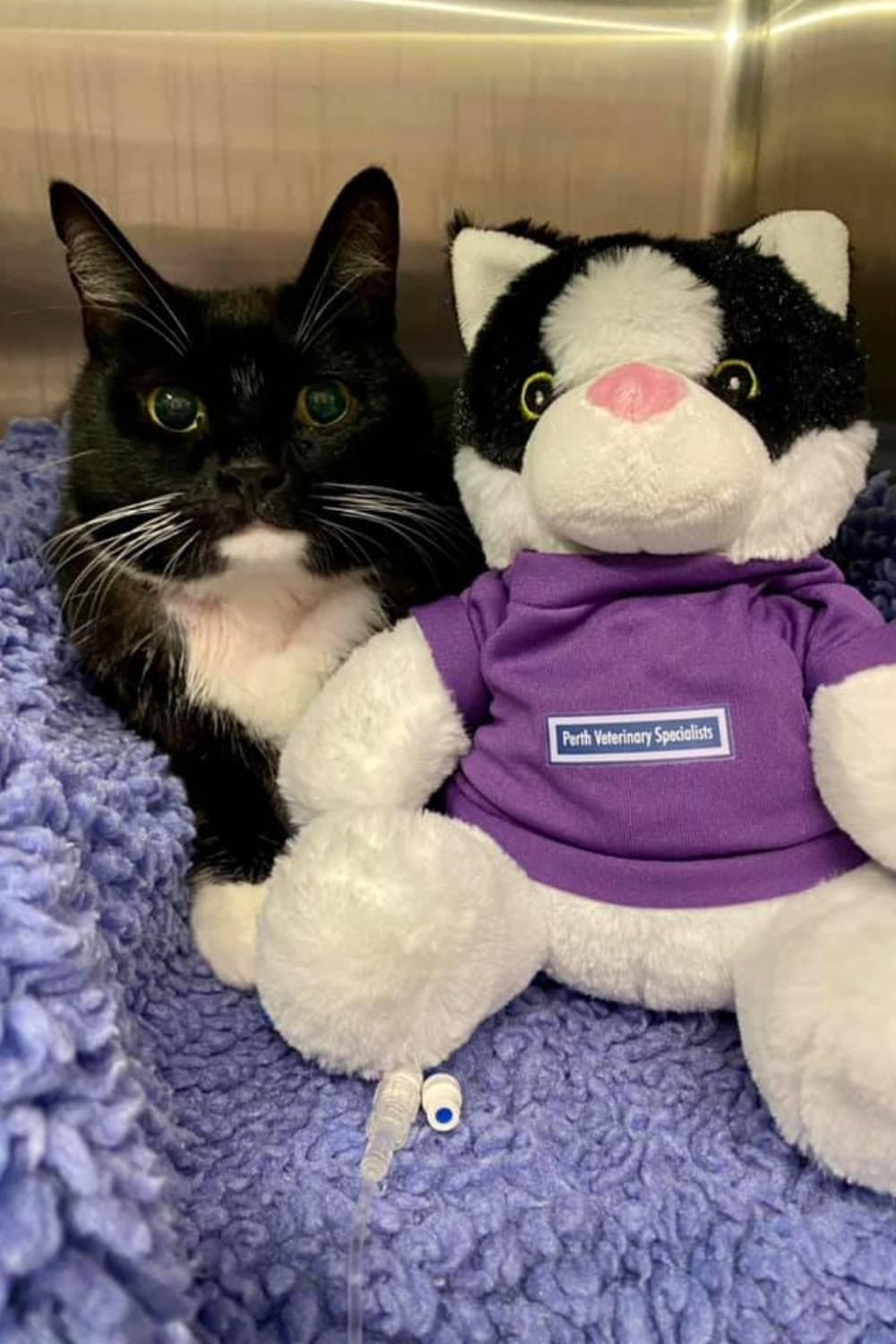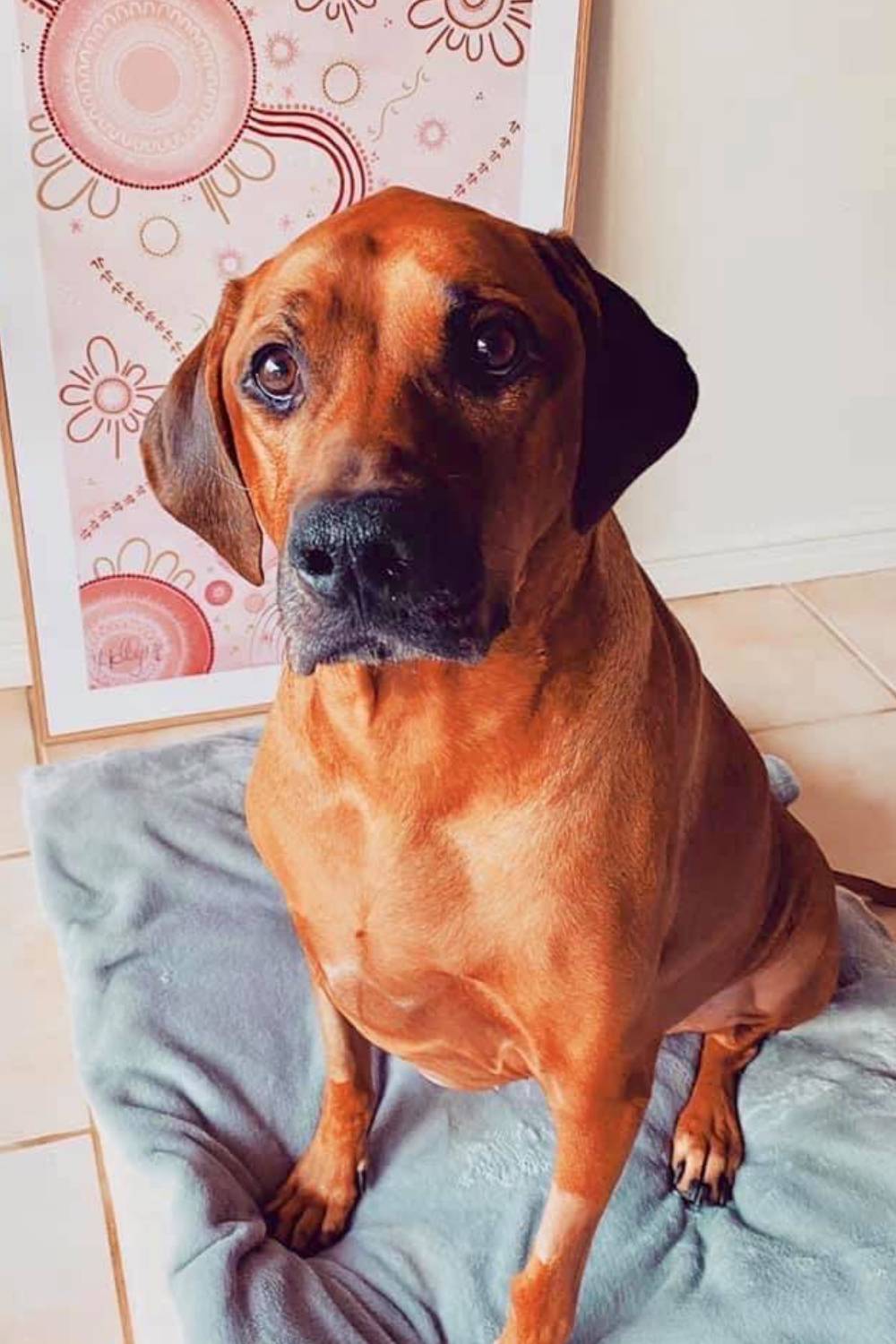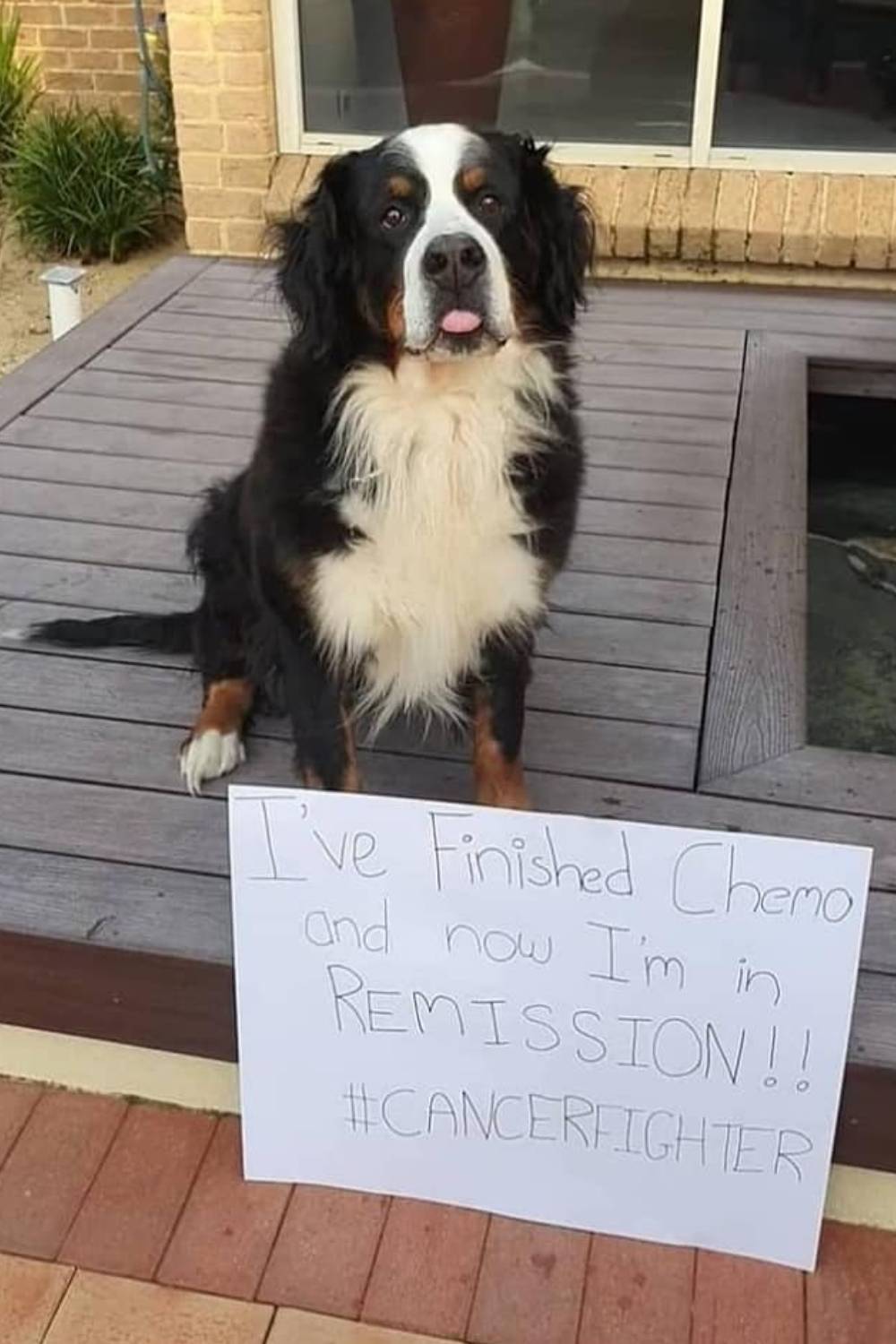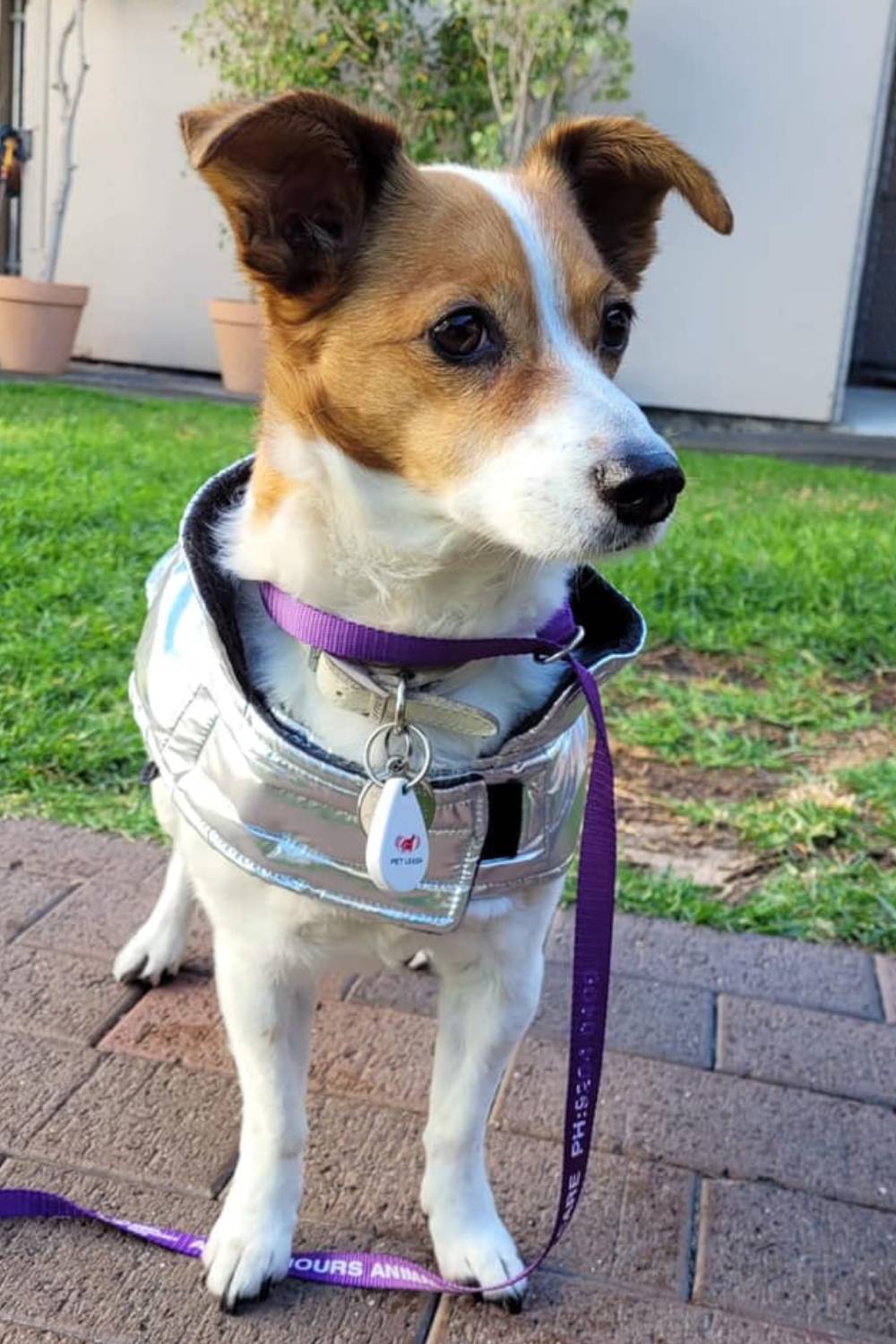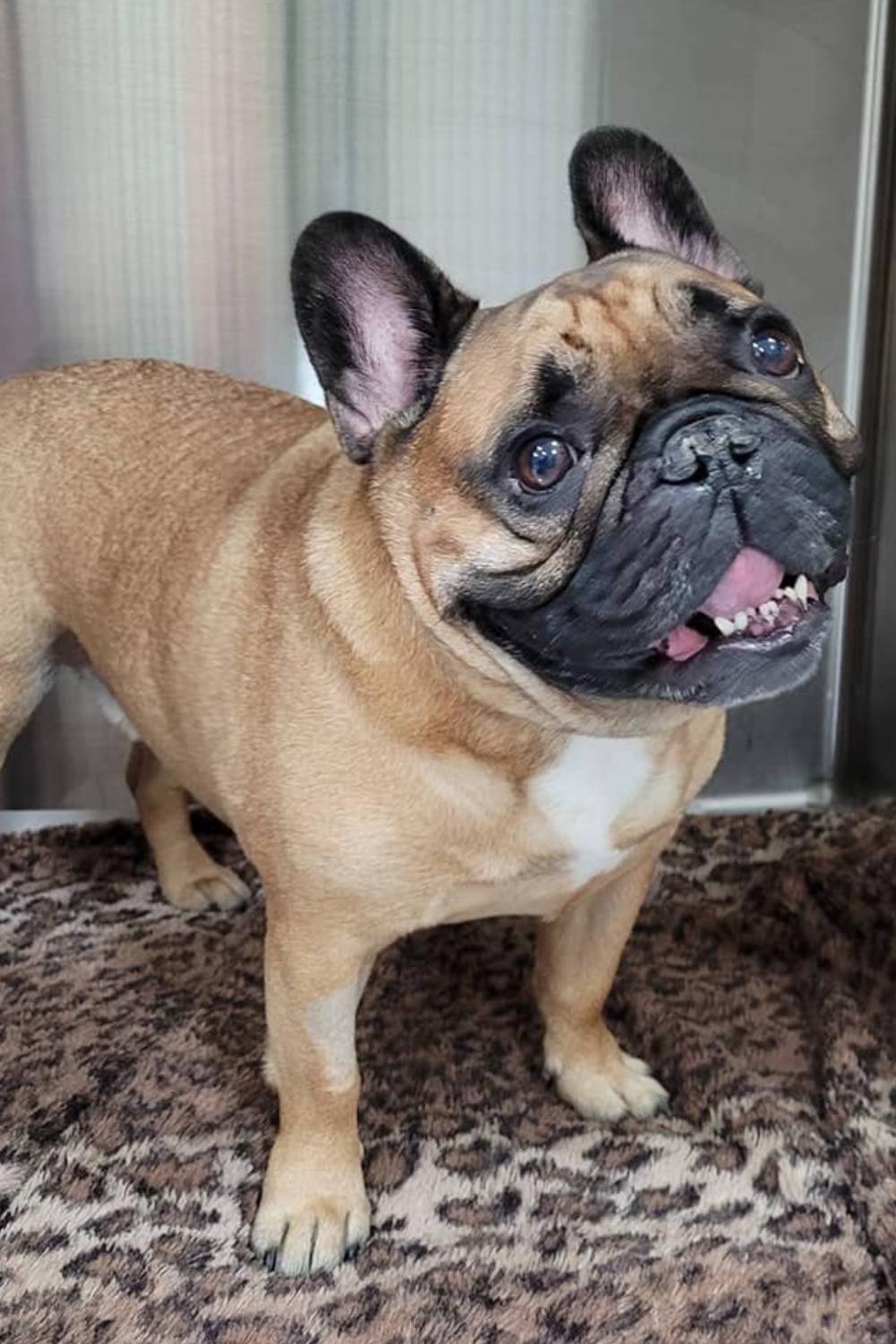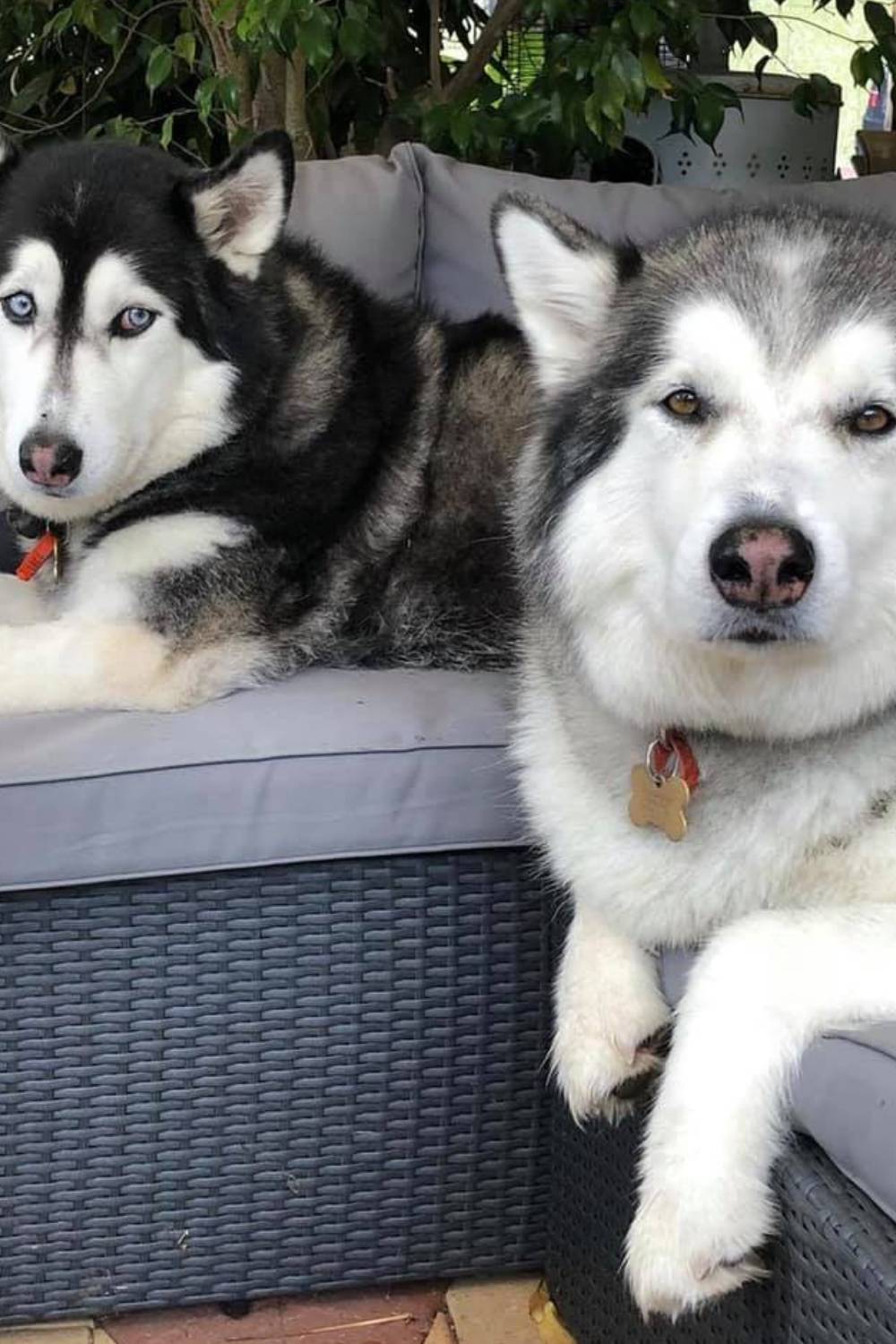One of the most common oncology enquiries relates to which tumours can be treated by chemotherapy. It is difficult to generalise as almost any cancer patient can benefit from referral. For many patients, chemotherapy will be appropriate, whilst for others immunostimulant treatments, disease-specific analgesia, anti-angiogenic therapy, nutritional advice or local therapies (cryotherapy, intralesional chemotherapy, electrochemotherapy) will serve the patient best. Although the name and grading of the tumour are important factors in making this decision, the patient and owner are obviously vital considerations. We therefore prefer that patients present for assessment rather than ‘for treatment’, as owners may become disappointed if treatment is different to, or less appropriate than a primary care veterinarian has suggested. Secondly, treatment options can change rapidly.
There are many ways to help dogs and cats with cancer. Paramount in every case is keeping quality of life good and this is usually easiest to achieve if the amount of cancer in the body is reduced. This can be done with surgery, radiation, and medical treatments. Proven medical therapies for pets with cancer are of 4 broad types. These treatments are specific to the cancer type and not every cancer can be treated effectively with medicine.
One approach uses medications given by drip, injection, or by mouth every 1-4 weeks, usually for 2-6 months. Whilst the drugs differ depending on the cancer, they are only used if the effective dose can be given without side effects to the majority of patients. Those that do prove sensitive can often still be treated effectively with lower doses. These treatments are given in hospital but in most cases only require a half day to be administered safely.
Another category of treatment is termed metronomic therapy. This requires frequent (every 1-2 days) medication and is simply the use of tablets at home. Some of these treatments work directly on the cancer, but all work on the tissue the cancer grows in as well. By lifting the ability of the immune system to ‘see’ the tumour, and limiting the ability of the cancer to acquire new blood vessels, the growth of the tumours can in many cases be dramatically slowed.
When the focus is on a specific site in the body (i.e. a single tumour rather than widespread cancer), drugs can often be injected into the tumour effectively. These procedures carry no risk of sickness.
Finally, vaccines are being developed to harness the immune system to fight cancer. At present, there is only one vaccine available (for melanoma in dogs), but hopefully this method will allow more options in time.
Every patient and every cancer is unique, and the best option will vary in each case. Your veterinarian can refer you to Perth Veterinary Oncology if you would like more information concerning all options for your pet.
Answers to other common questions include:
- Toxicity is low for all protocols. Less than 5% of patients require hospitalisation, and usually less than 30% report any side effects at all. Most animals therefore remain side-effect-free throughout treatment. Occupational exposure and chronic toxicity risk with exposure to cytotoxic drugs should be a serious concern to veterianarians; PVO operates to Australian Standards for a human oncology unit and complies with all legislation including the use of BOTH a cytotoxic suite AND needleless drug preparation. Without the precautions that we take, the use of cytotoxic drugs has been proven to cause organ disease, cancer and birth defects, most notably in nursing staff.
- Length of treatment is highly variable and protocol-dependent. The majority of patients will receive from 1 to 16 treatments over 1 to 6 months. Tumours being treated by electrochemotherapy can respond well to a single treatment. Patients on anti-angiogenic therapy may enjoy significant delay in tumour recurrence, but may be on medication for life.
- Costs also are difficult to generalise. Many complete protocols can cost thousands of dollars, however, many animals will benefit from less than a complete protocol such that a ‘minimum cost’ may be hundreds, rather than thousands of dollars.
- PVS see referral oncology cases only, such that any patient sent for a second opinion will be advised to return to their primary care practice for management of other conditions, vaccination and worming.
- Multi-specialist services: Referral to PVO also allows a patient to receive surgical, medical, radiological and dermatological opinions whilst staying with us. Alternatively, we can work with your practice or specialists elsewhere if required.
Patients are readily referred to Perth Veterinary Oncology by on-line form, email, or phoning 9204 0400. Owners of pets requiring referral should speak to their usual veterinarians to organise this.



